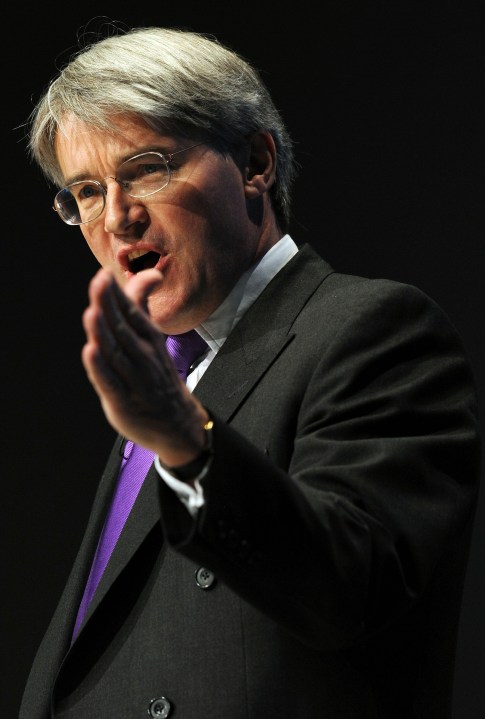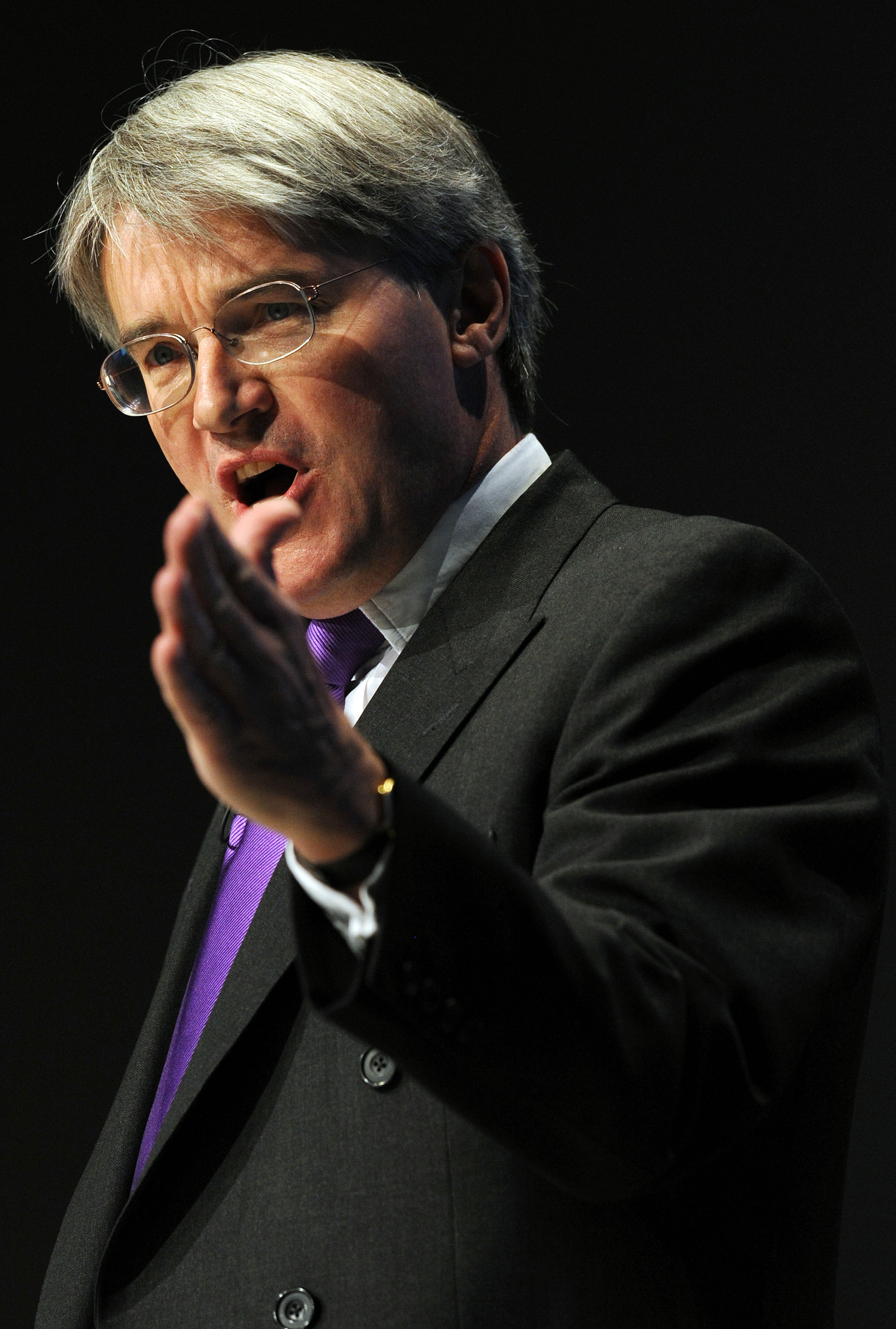 A leader in yesterday’s Times concentrated on the Conservatives’ aid policy – and, in particular, their commitment (shared by the government and by plenty of developed nations) to spend 0.7 percent of gross national income on development assistance. There was much to like in the article, but it misses a few key points and trains too much fire at the Tories.
A leader in yesterday’s Times concentrated on the Conservatives’ aid policy – and, in particular, their commitment (shared by the government and by plenty of developed nations) to spend 0.7 percent of gross national income on development assistance. There was much to like in the article, but it misses a few key points and trains too much fire at the Tories.
The key points to make about the 0.7 percent commitment is that it is not based on any assessment of how much money is needed to achieve any defined set of objectives, and has not been revised since it was set forty years ago to take into account new trends – such as remittances from migrant workers, a rise in philanthropic giving, or the role of China and India.
Global philanthropy, remittances and private capital investment continued account for something like 83 percent of the developed world’s economic dealings with developing countries. Total remittances from industrial countries to the developing world were $145 billion dollars in 2007—nearly one and one-half times larger than all governments’ Official Development Assistance ($103.5 billion), and three times larger than private philanthropy ($49.1 billion). This by itself ought to have led to a revision of the 0.7 percent of GNI target – but has not.
Then, there is a point that the Tory aid spokesman, Andrew Mitchell, has made well: some countries like China have, over the past few decades, become debt-holders and aid-givers, rather than aid-receivers. This should probably also be reflected in any global target for development assistance – but is not.
But the target is off, even when you just look at need. A 2005 report by aid guru Jeffrey Sachs and ex-UN boss Kofi Annan said $195 billion (in 2015 figures) would be needed to meet the Millennium Development Goals (the world’s global aid objectives). This works out at between 0.44 and 0.54 percent of rich countries’ GNI. That is, a fair bit lower than the 0.7% target.
Though The Times leader gets at some of these issues, it is too tough on the Tories. The recent Conservative proposals on aid acknowledge that economic growth is vital, and make clear that they want development aid to be spent better. It comes up with lots of different ideas, some of which are gimmicky, but others of which are solid – e.g. the idea of an independent aid watchdog to scrutinise the impact and outcomes of British aid. All the signs are that a Conservative-run DfID would opt for more control over the taxpayer pound.
Finally, with polls showing Tory support still to be “soft”, it would be an odd kind of politics if the party declared that it would get rid of the 0.7 target – thus opening itself up to (irrational) scorn by many, and praise by a few.







Comments